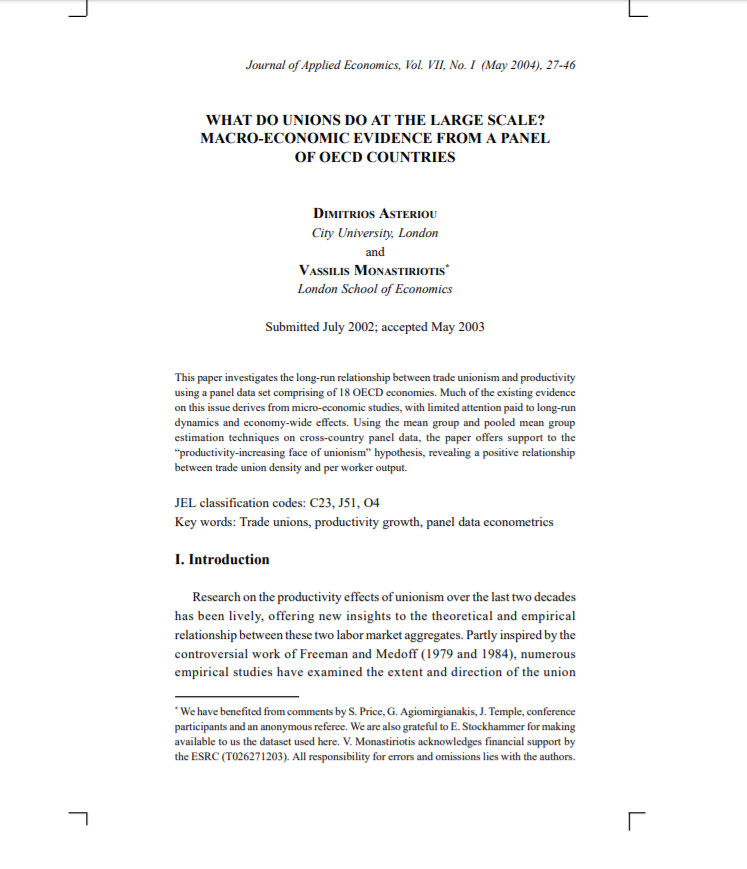
Executive summary
The present country study on Pakistan, has been carried out in December 2016 for CNV Internationaal in the context of the Partnership for Supply Chain Transformation. It is based on desk and original research on the current status of the industry structure, social dialogue, gender-based violence and living wage debates in the apparel industry in Vietnam for use in the first phase of this project. The Fair Wear Foundation with its alliance partners CNV Internationaal and FNV Mondiaal has been selected by the Dutch Ministry of Foreign Affairs for a five year Strategic partnership for Garment Supply Chain Transformation starting 2016 as part of its “Dialogue and Dissent” policy framework.
The primary goal of this initiative is to improve the lobbying and advocacy capacity of Trade Unions and labour related NGOs by enhancing their understanding of international Ready Made Garments supply chains, access to critical information and know-how. Opportunities will be identified to develop pilot experiences in the supply chain resulting in good practices related to living wages, gender-based violence and freedom of association and collective bargaining, which will facilitate more effective social dialogue and monitoring of human rights compliance at the factory level and reinforce the value of NGOs and trade unions to all supply chain stakeholders.
This report gives insight into the garment/ textile industry of Pakistan and its related industry, labour laws, industrial
relations and industry. The study was developed after a desk study and a subsequent visit to Pakistan to interview
stakeholders on issues related to the garment industry.
For the original source, please click here.








